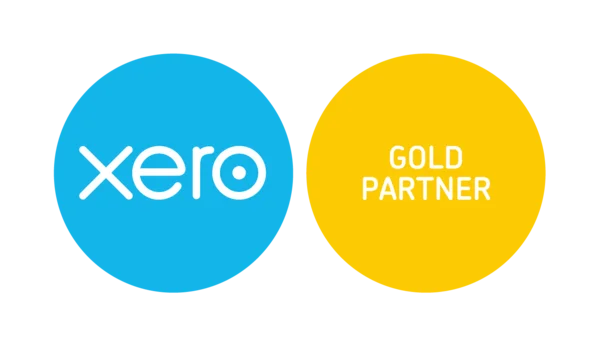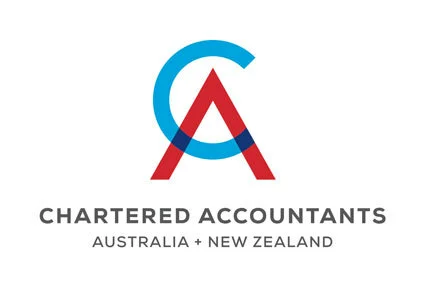Simplifying the Australian Tax System for Businesses
No small or medium sized enterprise owner needs to be told that Australia’s tax system is complex. In fact, some people would probably go a little further and describe it as something more akin to Frankenstein’s monster, with two thousand page tax acts, dozens of regulations and hundreds of interpretive documents.
But in an attempt to simplify some of that noise, here is a brief overview of the most common taxes that apply to small and medium sized enterprises in Australia.
Goods & Services Tax (GST)
There has been some commentary around in recent weeks about possible changes to the GST, but for the moment, it remains at 10%. The GST is a broad based consumption tax on most goods and services, with notable exceptions like fresh food and healthcare.
Businesses can register for GST so that they can legally collect GST from their customers to pay to the Australian Taxation Office (ATO). If the turnover of the business is over $75,000, then you must register.
Income Tax
The income tax rate for businesses is currently 30% of reported profits. There is some conversation among the major political parties about reducing this to 28.5% for smaller businesses, but we will have to wait and see whether that occurs.
If you are a sole trader or operate a partnership, you pay tax at your personal marginal tax rate.
Capital Gains Tax (CGT)
Capital gains tax is actually not a separate tax. Any income earned from the sale of an asset is simply included in their assessable income. For example, your business earns $50,000 in profit from ordinary activities. You also then sell an asset for $50,000 profit.
Your business will then declare $100,000 of profit, as you add your profit from ordinary activities to your profit from the sale of your assets and it assessed at your normal tax rate, not at a separate rate.
Land Tax
Land tax is a yearly levy that is administered by the states and territories. If a small or medium sized enterprise owns property then its likely that they will have to pay tax on the (unimproved) value of that property.
There are actually dozens more types of tax that form part of the Australian tax system, including fringe benefits tax, excise duties, stamp duty, international tax and payroll tax.
If you would like to learn more about any of these, and make a plan with a professional adviser about how to plan your tax affairs effectively, then please get in contact with our friendly Scott Partners team email or give us a call on 1300 365 455. We’ll be happy to set up an appointment to speak more about your business, and plan for the future.






